
Paris 2024 Olympics: schedule, new sports, venues, tickets, broadcasting rights, opening ceremony, gender equality
- With a debut for break dancing, surfing to be held in Tahiti, and a pledge for 50 per cent female athlete participation, Paris promises a lot of ‘firsts’
- Paris Games president Tony Estanguet vows there will be cheap tickets, free-for-all opening ceremony, and open torch-bearing applications
Athlete-coach blueprints to peak in Paris are being written up, if they haven’t already, while organisers have nearly firmed up resources, venues and budgets.
From break dancing’s curious debut, to surfing being held in French Polynesia, to its gender equality-driven athlete quota, here’s everything you need to know about Paris 2024.
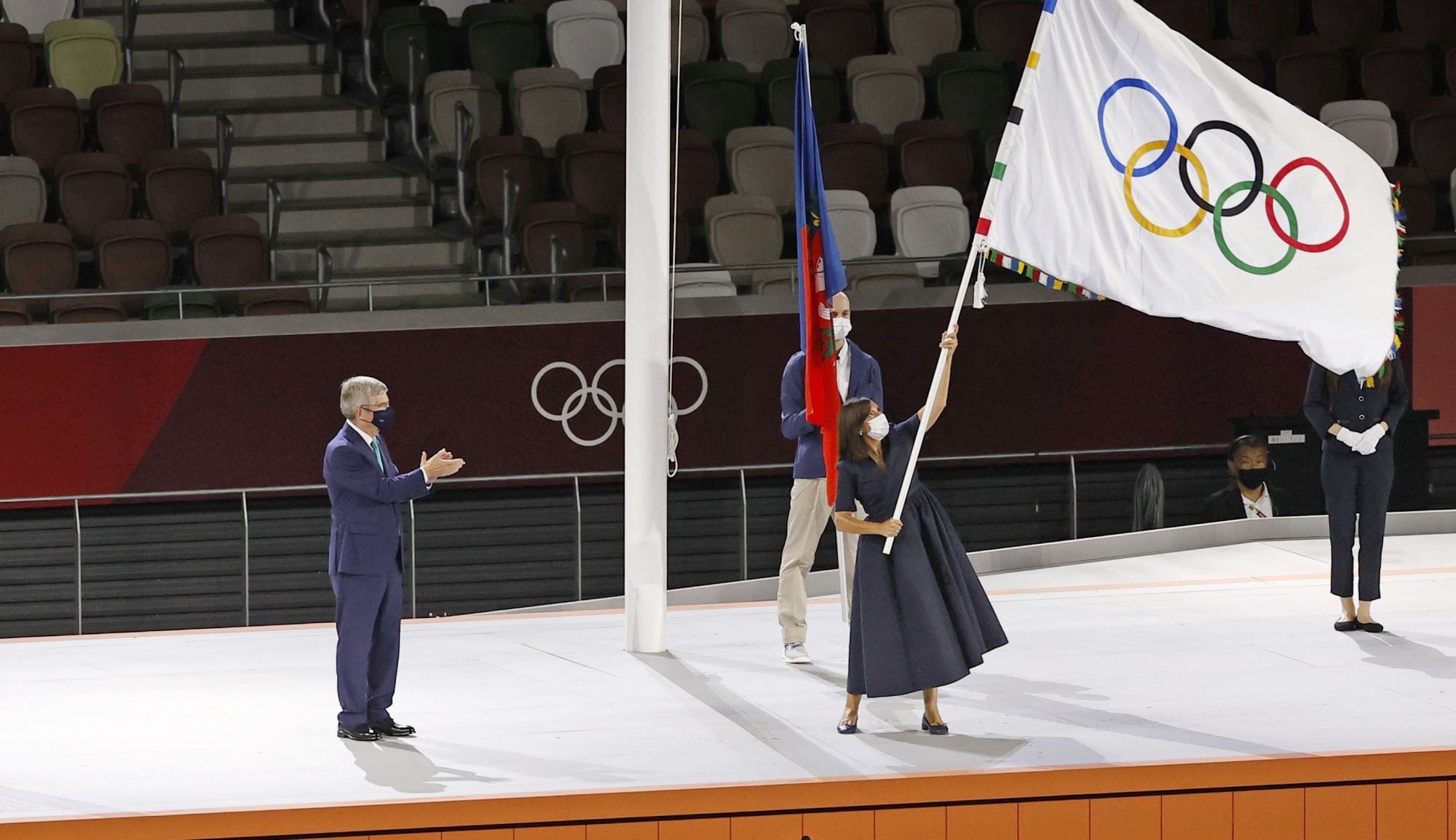
When is it?
The Paris Olympics will be contested across 19 days from July 24, two days before the ceremony, to August 11.
Handball, football and rugby events will open the Olympics, while the first gold medals will be presented in cycling, judo, fencing, diving, rugby, shooting, swimming, and skateboarding on July 27.
Breaking, the only new sport on the Paris roster, starts on August 9.
Paris previously hosted the Summer Games in 1900 and 1924, meaning it will have been exactly one century by the time it marks its third.
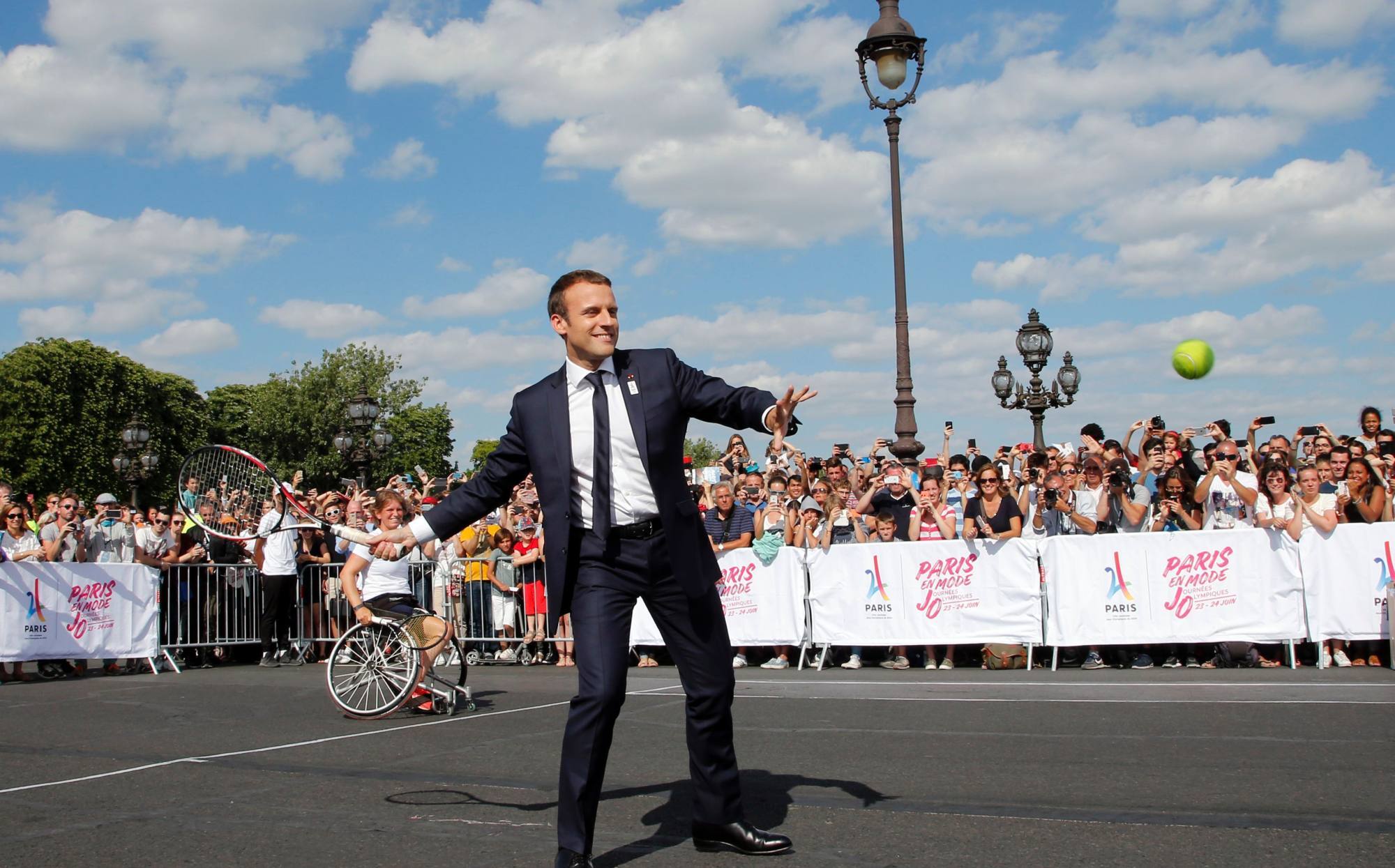
Where will the venues be?
Organisers tout this as the “biggest event ever organised in France”, and one that will “inevitably change our country”.
Most sports events will be in Paris, as advertised. 14 of the 35 venue sites will be in the capital and various suburbs, with 24 of the 32 sports located within 10km of the Athletes’ Village (both Olympic and Paralympic) in Seine-Saint-Denis.
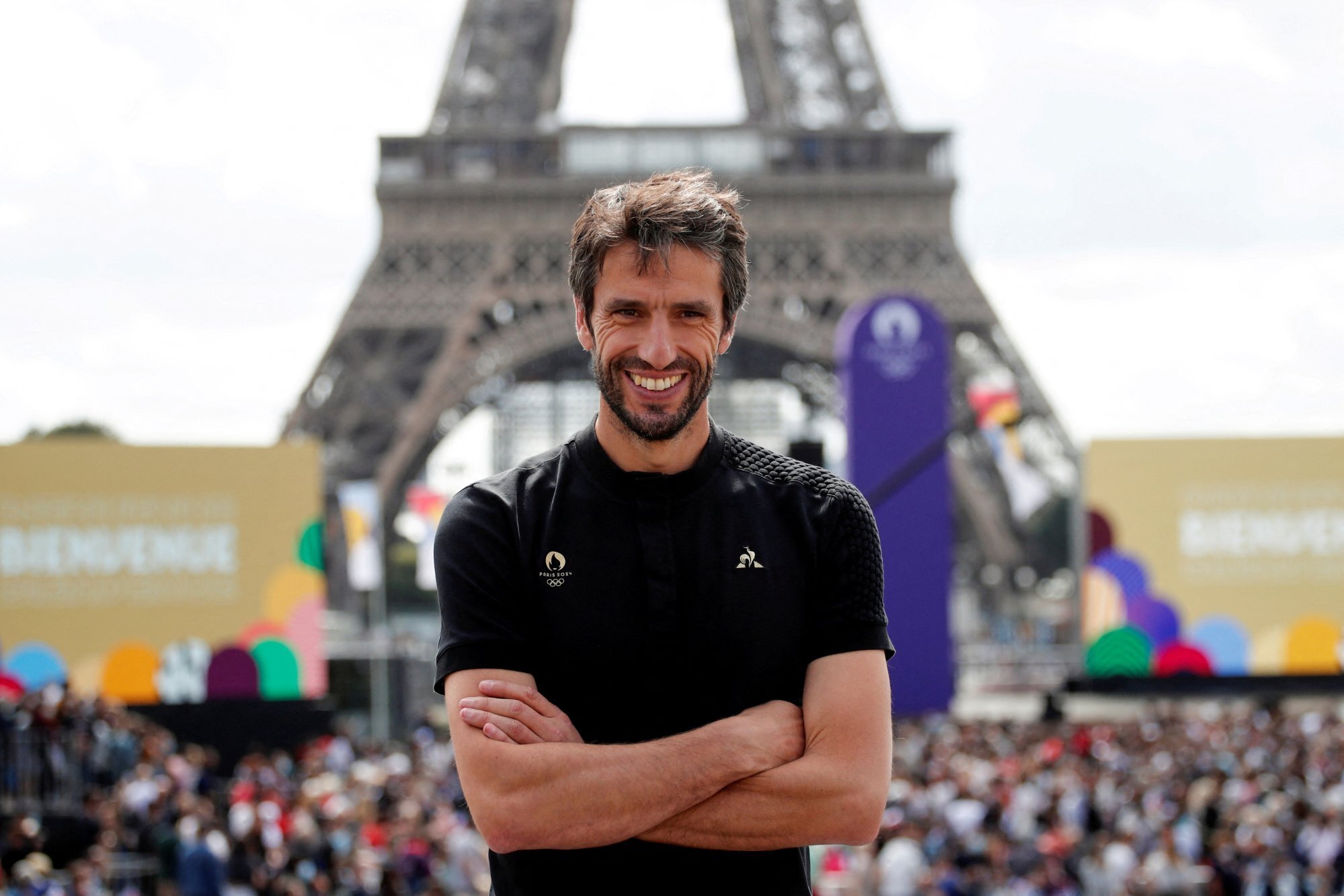
Renowned monuments such as the Palace of Versailles will see equestrian and modern pentathlon events.
Surrounding cities such as Lille, Marseille, Lyon, Saint-Etienne, Bordeaux, Nantes and more will be tasked as hosts for certain sports such as handball and football – both of which are hugely popular in France.
Bids to hold another popular sport, basketball, are being reconsidered after some of the French Tokyo Olympic silver medal-winning team criticised the original selection. The Arena Paris Sud appears to be off the table for low ceiling and ventilation concerns, causing organisers and the sport’s governing body FIBA to shortlist new ones.
For the first time in Olympic history, the Games will use an overseas territory for one of its sports. Surfing is to be held at Teahupo’o in Tahiti given its superior waves for competition.
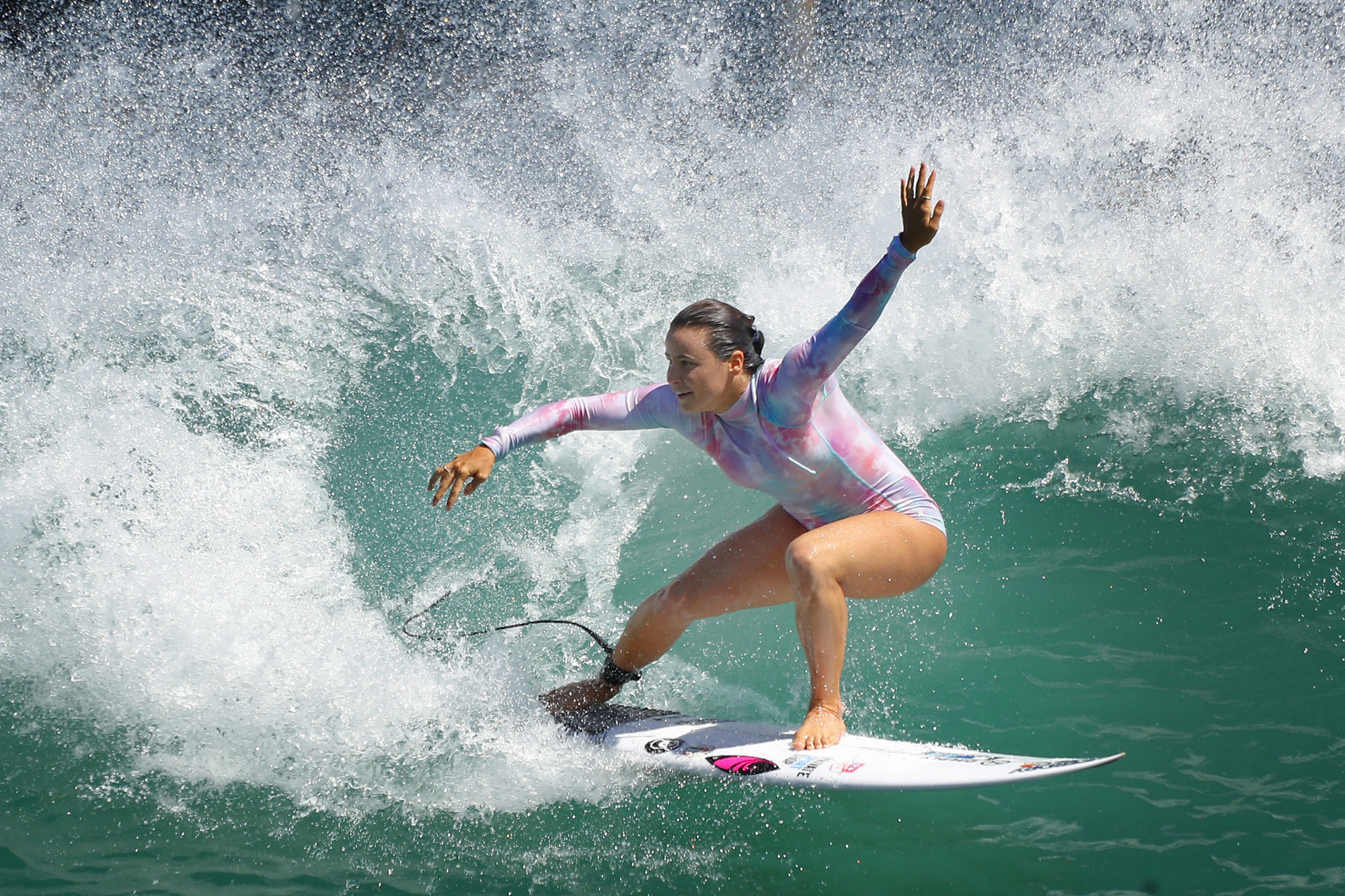
Who is going to take part?
Some 206 representative nations are taking part, including 10,500 athletes, which is 592 fewer than Tokyo. There will be about 31,500 volunteers helping in the lead up and during the Games, according to organisers.
Organisers are aiming for 50 per cent female athlete participation versus the 48.8 per cent in Tokyo. 28 of the 32 sports will be “fully gender equal”.
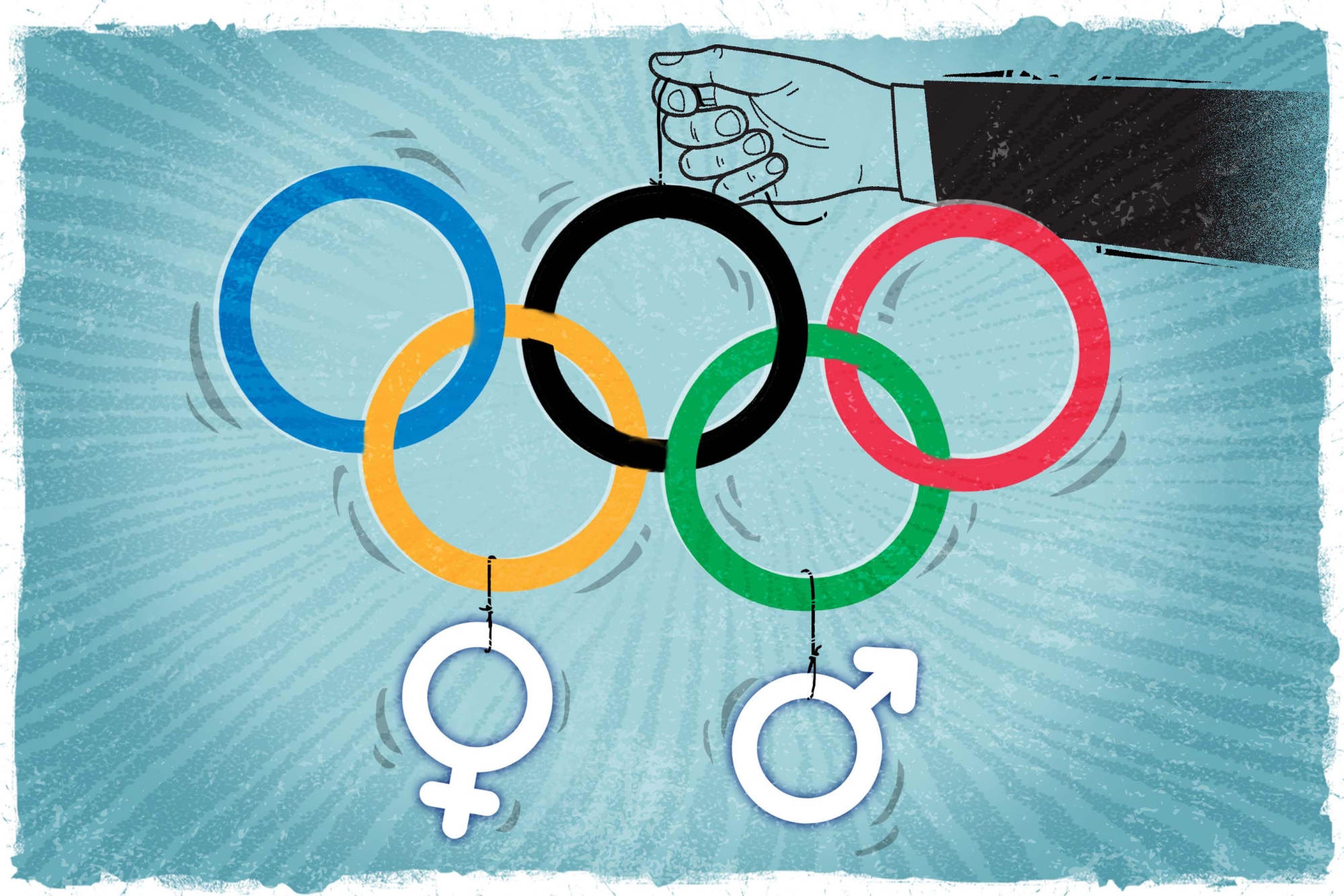
The roughly 17,000 athletes and back room staff to be housed at the village are estimated to be served more than 600,000 meals a day.
Organisers are looking to sell a record 10 million tickets, with 3.4 million for the Paralympics. London 2012 sold more than 8 million.
Paris Games president Tony Estanguet said tickets will count as one-third of the Games’ revenue, and emphasised intentions to keep tickets affordable. The cheapest ticket will be €24 (HK$200), with half of the tickets less than €50. They were launched in February, according to France 24.
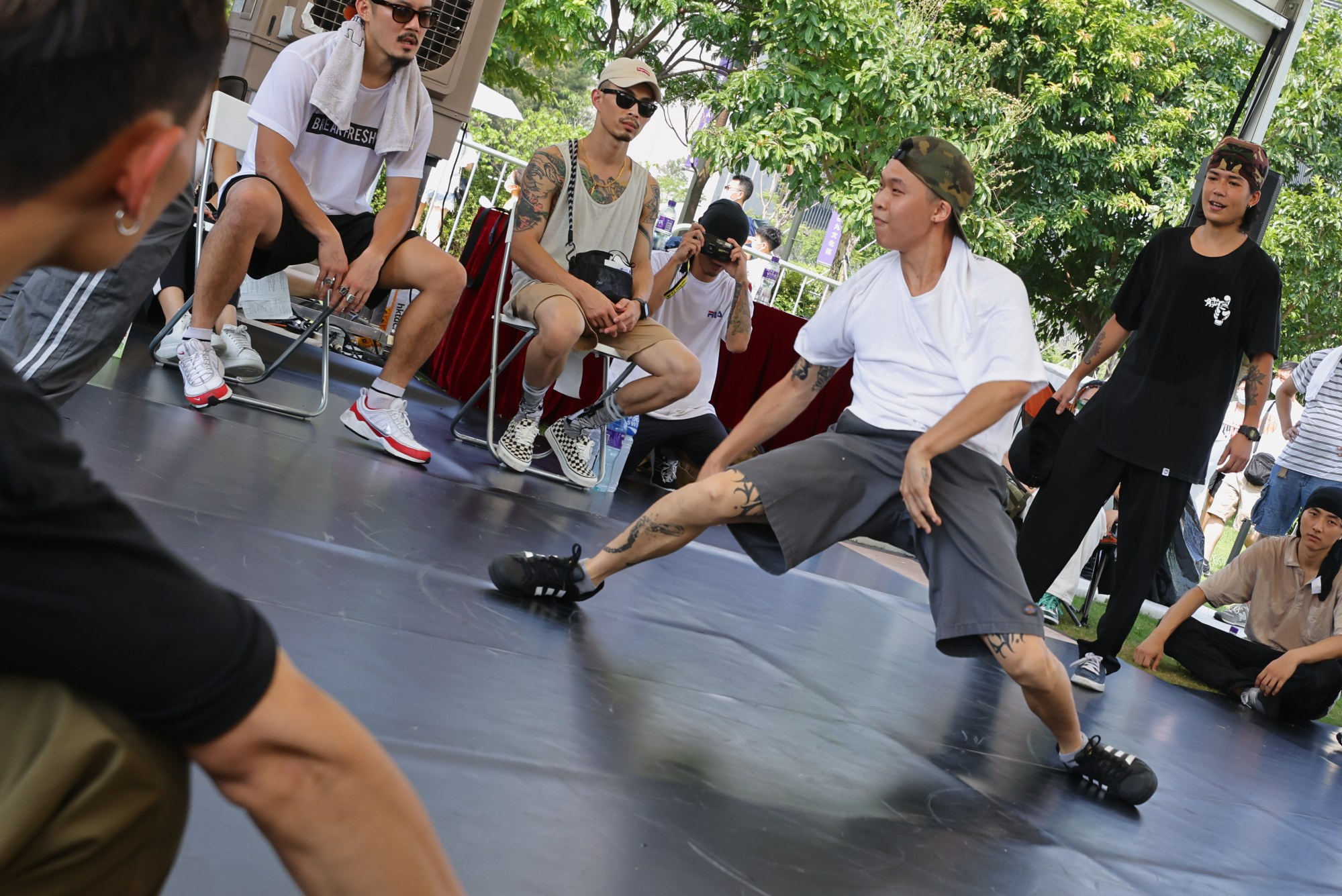
What new sports will there be?
The Paris Olympic Organising Committee also received approval to include skateboarding, sport climbing and surfing, which featured first in Tokyo. Esports was not greenlit despite original discussions.
The qualifier series for the four sports, be they brand- or relatively new, are expected to be showcased via pre-Games “festival-style events” in an attempt to “boost visibility”.

Opening and closing ceremonies
At the Olympic handover in July 2021, Estanguet teased the idea of an “open”, publicly accessible, and gratis opening and closing ceremony in Paris – as opposed to the traditional in-stadium events.
The ceremonies are expected to be held at temporary structures at Jardins du Trocadero and River Seine.
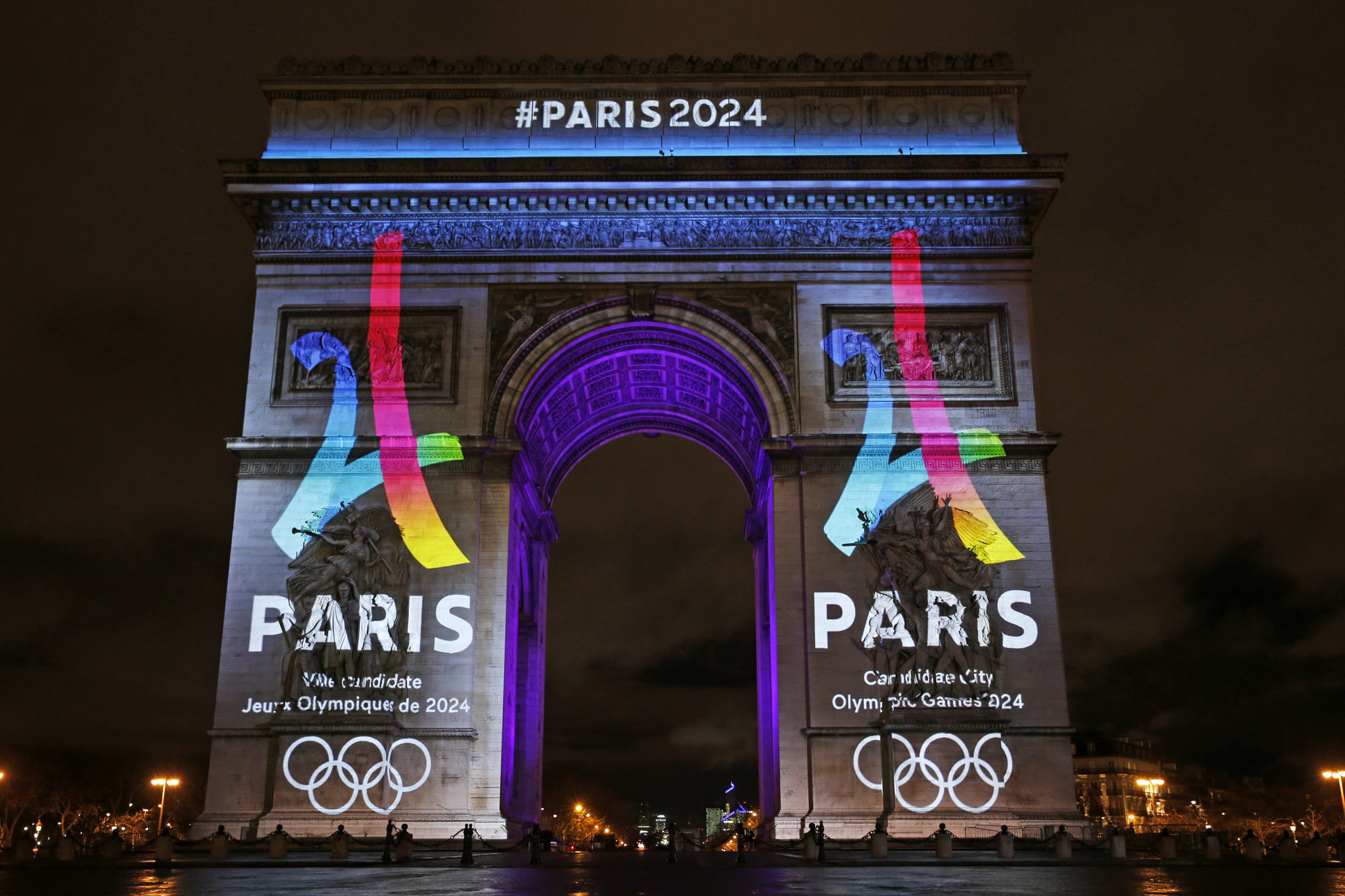
While venues and routes are still being refined, the Olympic torch is expected to cross paths with major landmarks such as the Louvre, Place de la Concorde, and Notre-Dame. There will be a total of 40 torch relay sites.
The Olympic flame will be transported from Greece’s old Olympia ruins to France by boat, before going around “as many regions as possible”. Organisers encourage anyone to apply to become torch-bearers, with the only criteria being how inspiring their application story is.
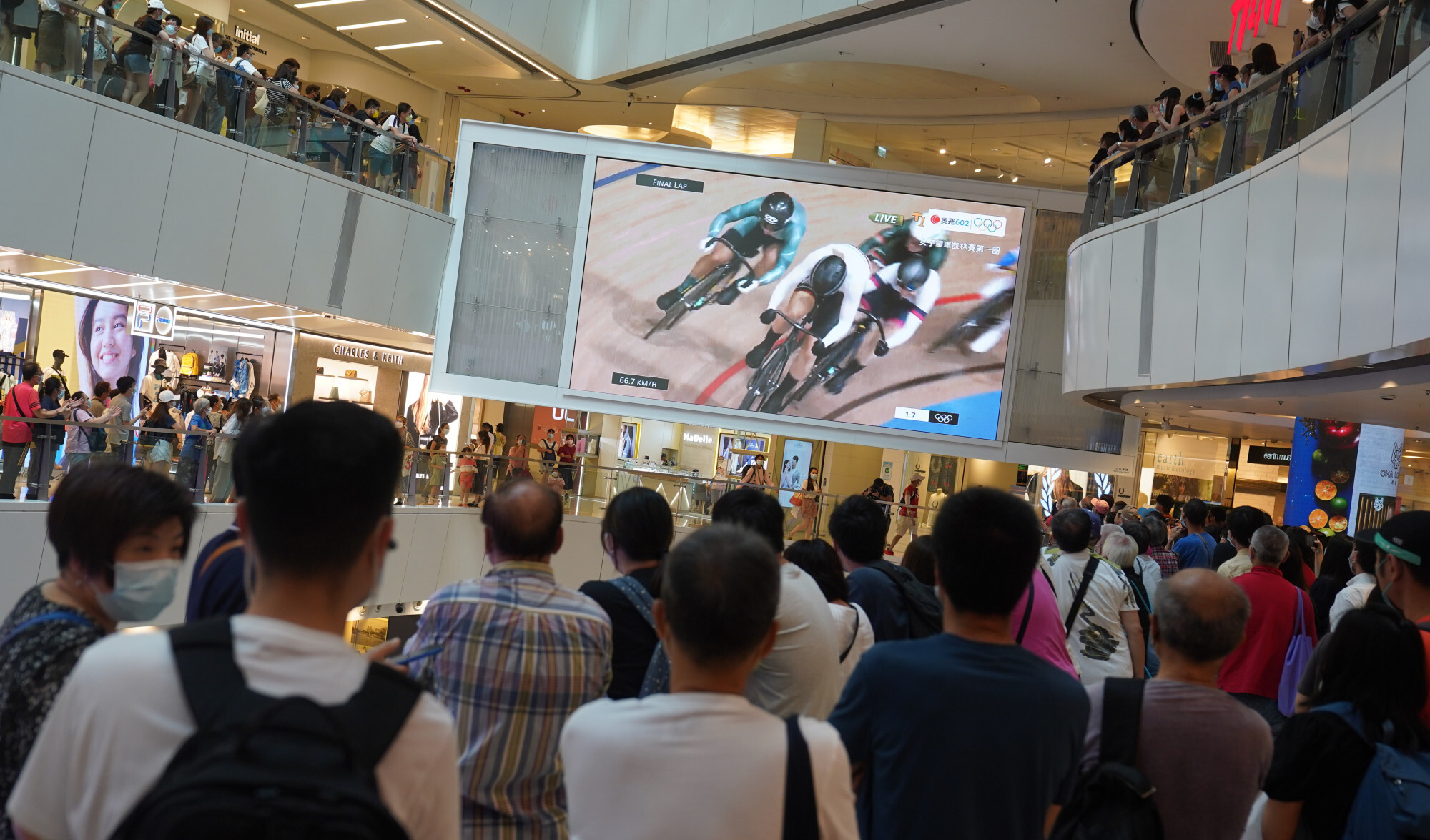
How will you be able to watch?
The ceremonial and competition events will be broadcasted on CCTV in China, while Hong Kong’s broadcasters are still bidding for rights.
Chief executive Carrie Lam Cheng Yuet-ngor already made clear that “this will only be a one-off arrangement” at the time.

